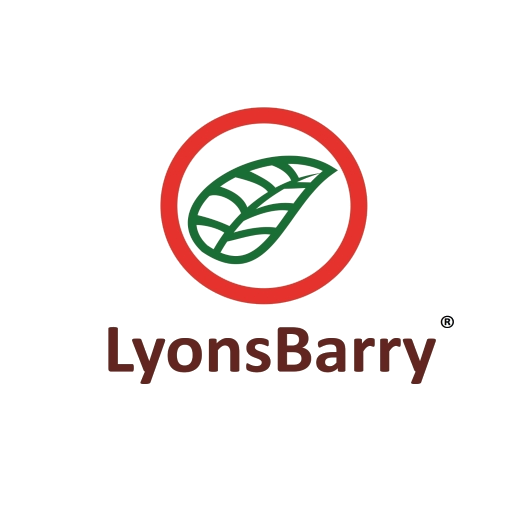Ageless Scalp: Tips for Maintaining Optimal Scalp Health at Every Age
While much attention is often given to hair care, maintaining good scalp health is equally crucial for ensuring strong, vibrant hair at any age. The scalp serves as the foundation for healthy hair growth, providing essential nutrients and support to the hair follicles. From infancy to the golden years, nurturing your scalp health can help prevent common issues such as dandruff, dryness, itching, and hair loss. Here’s a comprehensive guide to caring for your scalp at every stage of life:
Infancy and Childhood:
During infancy and childhood, the scalp is delicate and sensitive, requiring gentle care to prevent irritation and inflammation. Use mild, baby-friendly shampoo and avoid harsh chemicals or fragrances that may cause irritation. Gently massage the scalp with your fingertips while shampooing to help loosen flakes and stimulate circulation. Keep the scalp clean and dry to prevent the buildup of sweat, oil, and debris, which can contribute to scalp issues.
Teenage Years:
Hormonal changes during puberty can affect oil production in the scalp, leading to oily scalp and hair. Teens may be prone to issues such as acne, dandruff, and itchiness. Encourage regular hair washing with a gentle shampoo to remove excess oil and impurities. Avoid overwashing, as it can strip the scalp of its natural oils and exacerbate dryness. Teach teenagers to resist the temptation to scratch or pick at their scalp, as this can lead to irritation and inflammation.
Adulthood:
In adulthood, maintaining a healthy scalp becomes essential for preventing hair loss and promoting optimal hair growth. Pay attention to your scalp’s unique needs and adjust your hair care routine accordingly. Choose shampoos and conditioners formulated for your hair type and scalp condition, whether it’s dry, oily, sensitive, or prone to dandruff. Regular scalp massages can help stimulate circulation and promote relaxation, reducing stress-related hair loss.
Middle Age:
As we age, changes in hormone levels, metabolism, and circulation can impact scalp health and hair growth. Middle-aged adults may experience thinning hair, graying, and increased dryness or itchiness of the scalp. Consider incorporating scalp treatments or serums containing ingredients like peptides, antioxidants, and botanical extracts to nourish the scalp and support healthy hair growth. Protect the scalp from sun damage by wearing a hat or using sunscreen when spending time outdoors.
Senior Years:
In later life, the scalp may become drier, thinner, and more prone to irritation and inflammation. Pay extra attention to hydration by using moisturizing shampoos and conditioners and applying scalp oils or serums as needed. Gentle scalp exfoliation can help remove dead skin cells and improve circulation, promoting a healthier scalp environment. Consult a dermatologist if you experience persistent scalp issues or notice significant changes in your hair growth patterns.
General Tips for Maintaining Scalp Health at Any Age:
- Eat a balanced diet rich in vitamins, minerals, and essential fatty acids to support scalp health and hair growth.
- Avoid using hot water when washing your hair, as it can strip the scalp of its natural oils and lead to dryness.
- Limit the use of styling products and heat styling tools, as they can weigh down the hair and clog the scalp pores.
- Practice good hygiene by washing your hair regularly and keeping your scalp clean and free of buildup.
- Manage stress through relaxation techniques such as meditation, yoga, or deep breathing exercises, as stress can contribute to scalp issues and hair loss.
By following these age-appropriate tips and maintaining a consistent scalp care routine, you can nurture a healthy scalp environment and enjoy strong, beautiful hair at every stage of life. Remember that scalp health is an integral part of overall wellness, so prioritize caring for your scalp just as you do for the rest of your body.







